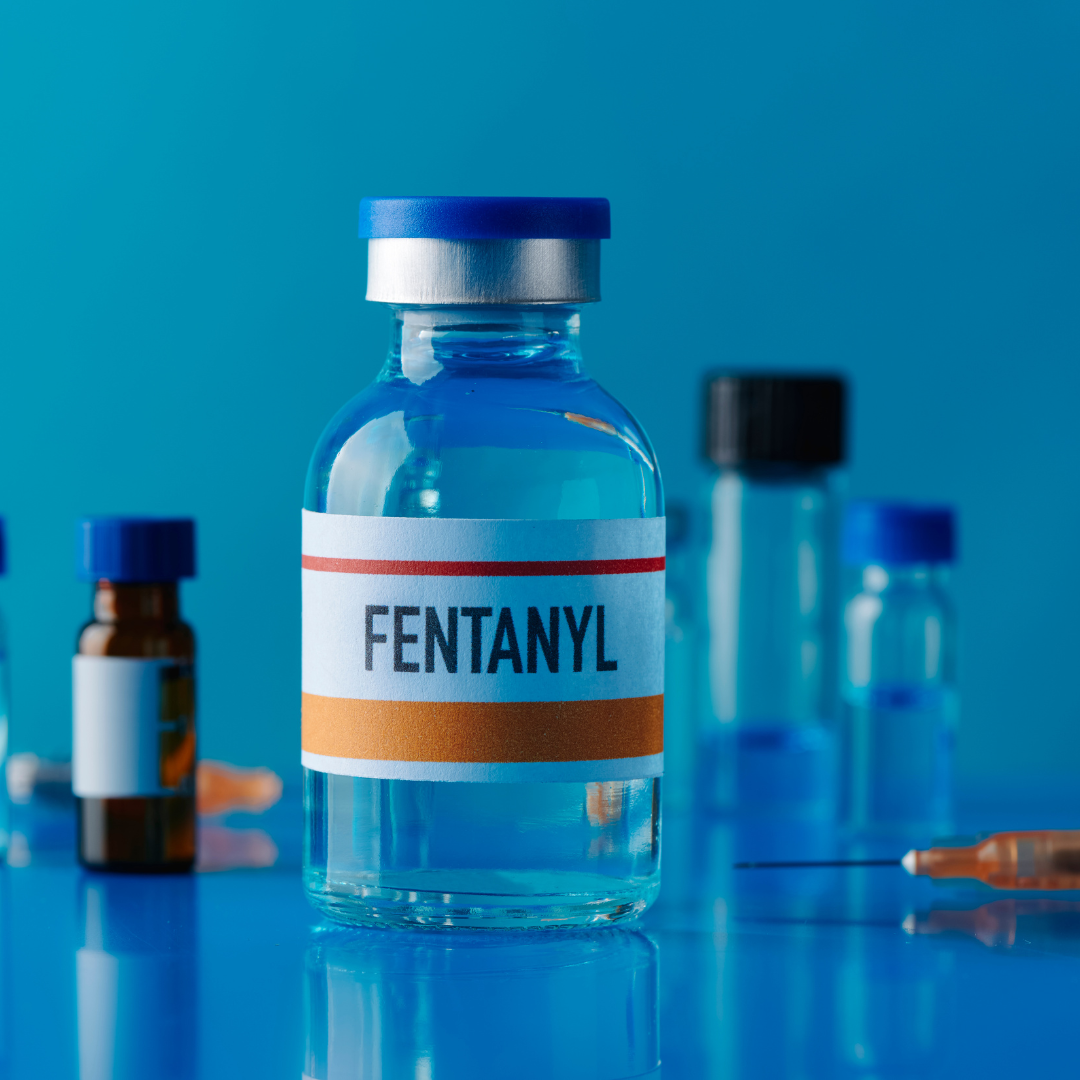
In 2024, the United States experienced a significant decline in fentanyl-related overdose deaths, with a nearly 24% reduction reported by the Centers for Disease Control and Prevention (CDC). This positive trend was largely attributed to enhanced public health initiatives, including expanded access to naloxone and comprehensive harm reduction strategies.
However, recent policy shifts under President Trump’s administration have raised concerns about sustaining these gains. The administration implemented budget cuts that affected key public health programs, leading to the closure of nonprofit organizations and the suspension of essential services. These cuts have particularly impacted agencies like the Substance Abuse and Mental Health Services Administration (SAMHSA), which plays a crucial role in expanding naloxone access.
In addition to domestic policy changes, President Trump announced new tariffs, including a 10% tariff on Chinese imports and a 25% tariff on products from Canada and Mexico. These measures were justified by citing insufficient efforts by these countries to curb drug smuggling into the U.S. Critics argue that such tariffs could complicate international cooperation on drug interdiction efforts.
Despite the overall national decline in fentanyl deaths, certain communities, such as the Alamo Navajo reservation in New Mexico, continue to experience high overdose rates. This disparity underscores the need for targeted interventions and sustained support in vulnerable areas.
While the administration has extended the public health emergency declaration to address the opioid crisis, public health experts warn that recent policy changes may jeopardize the progress made in reducing fentanyl-related fatalities